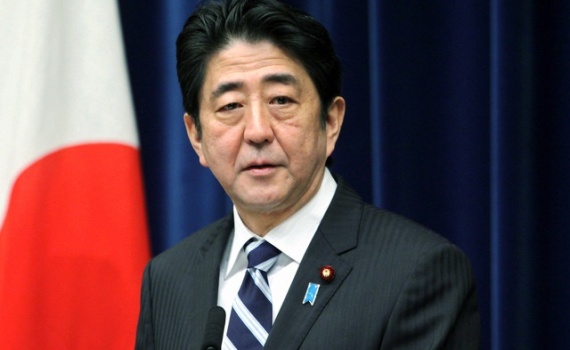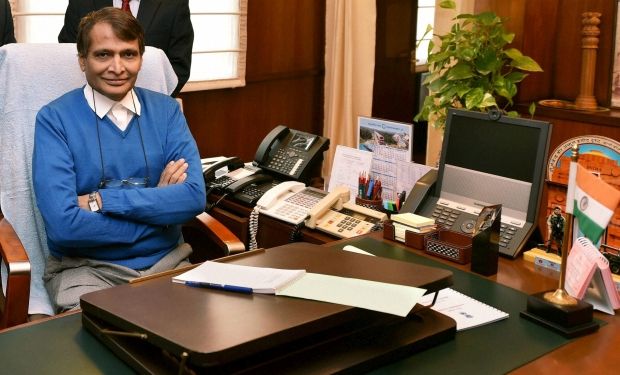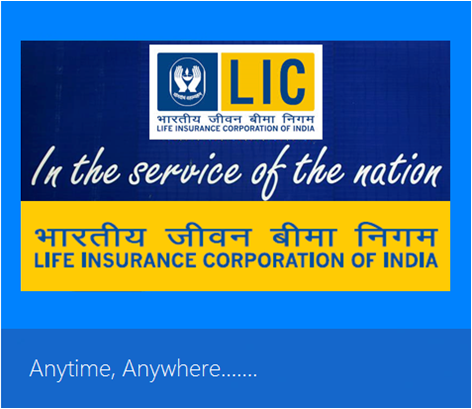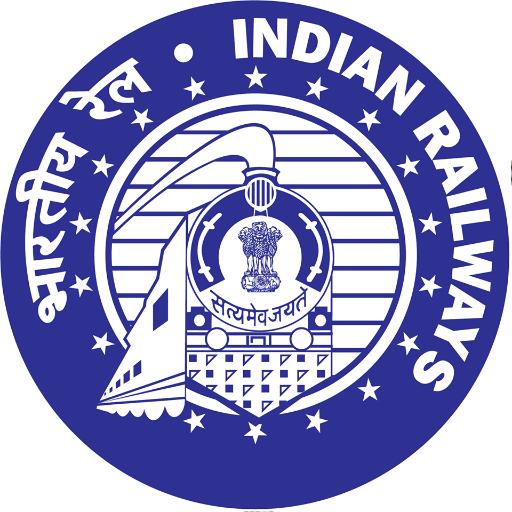In a first for Indian Railway, a 20 km-long test track will be laid, outfitted with a cutting edge research center, close to Raipur for trial of fast, high speed and consistent trains.
Other than new trains and bogies, the test track will likewise be utilized for trial of high hub load wagons.
Including the tracks are not prepared to help recreation of all test conditions. Test tracks are utilized for trial keep running of new prepares in nations, including the US, Japan and South Korea.
Traditionally, in India, a segment of the railroad system is cordoned off and no train development is permitted at whatever point another train is put on trial run, bringing about movement redirection and postponement in operations.
The 20 km test track, including a 5 km circle line, will be produced at an expected expense of about Rs 100 crore.
The requirement for a test track for speedy trial of models under changing conditions has been felt for long, it will go far in upgrading the innovative work capacities of railroads.
The office will be utilized for specialized acknowledgment tests and endorsements of trains, moving stock under working condition and faculty preparing.
It will likewise be prepared for model testing of every single new advancement and improvement of railroad innovation which require various wellbeing authorizations and conventions to be taken after thoroughly.
Railways direct various tests for guaranteeing security of travellers, for example, coupler power trials, swaying trials and crisis braking separation trials, among others.
The test track will likewise empower railroads to embrace rail route related exploration tasks, and devise better and creative answers for infrastructural bottlenecks on the rail line organize.
It will be utilized for specialized acknowledgment tests and endorsement of trains, moving stock under working condition, including flagging framework and staff preparing. The test track will be furnished with a cutting edge research center and observing unit with most recent offices to inspect the rail value of new prepares, he said.
Railways arrangements to enhance its examination unit to handle the situation that would rise taking after the approach of shot trains and high pivot stack twofold stacker cargo administration.
Research Design and Standard Organization, Indian Railway’s examination unit, will be totally redone to take into account the new circumstance and the test track is a piece of people in general area behemoth’s R&D arrangement.





